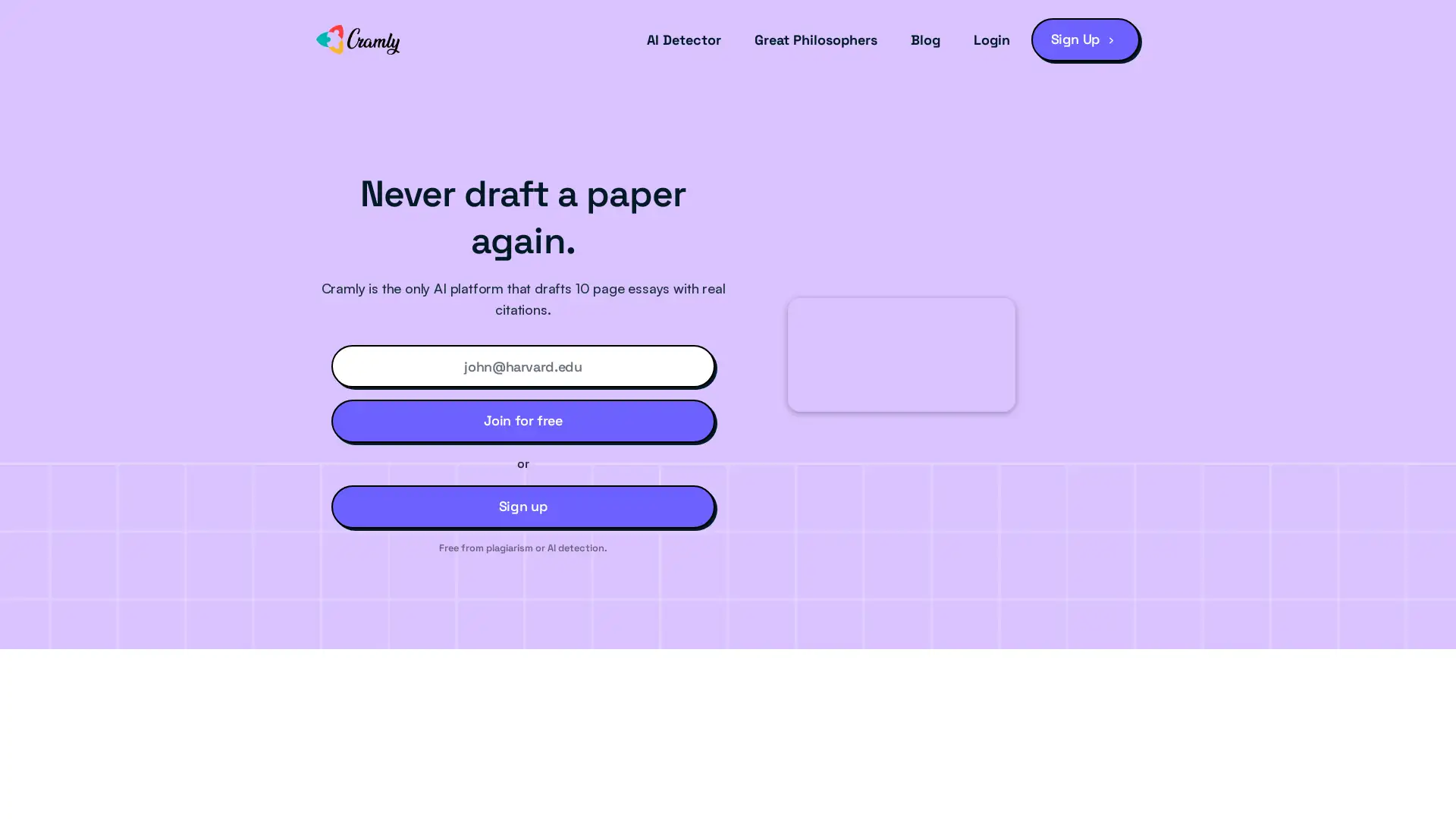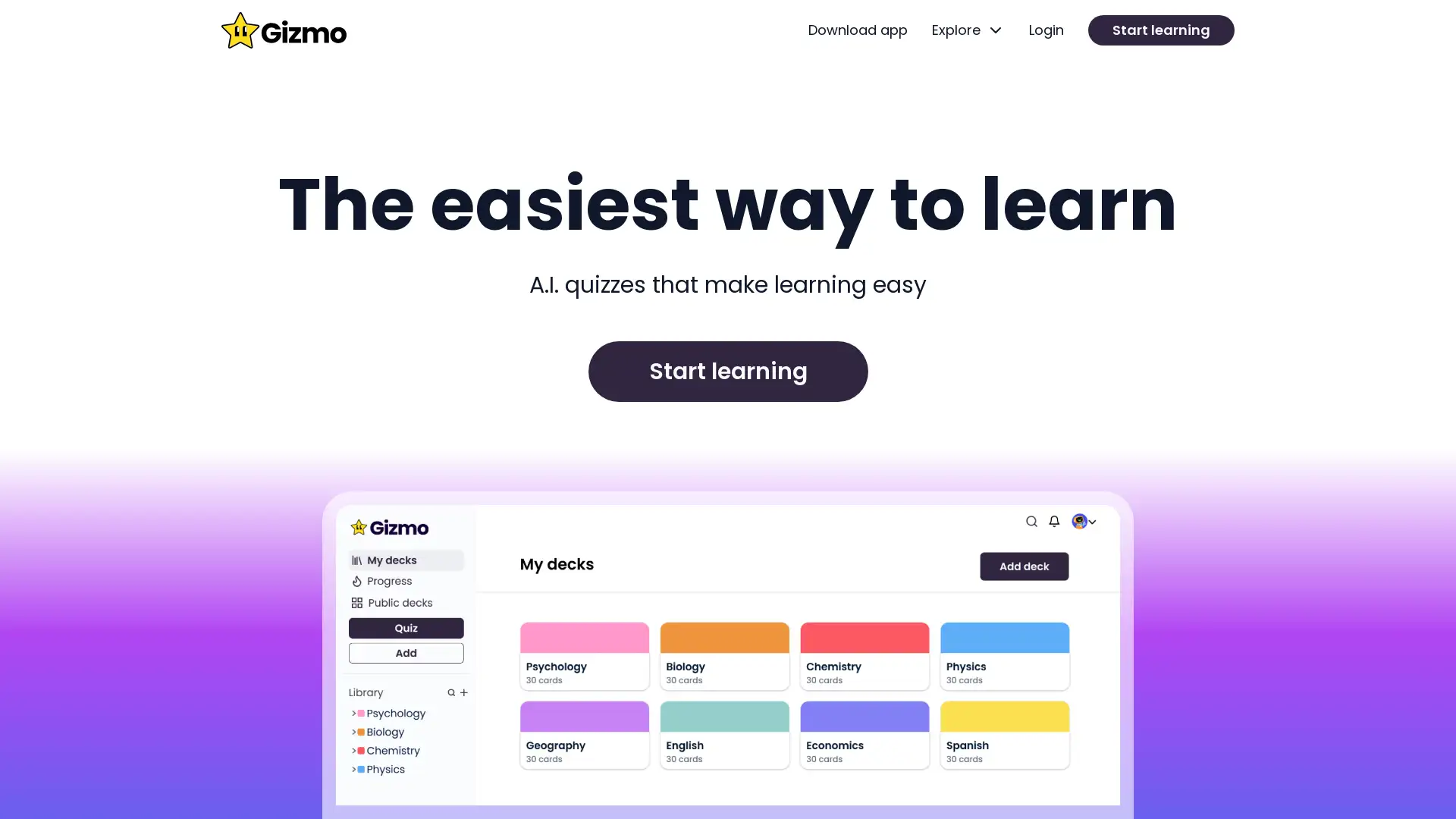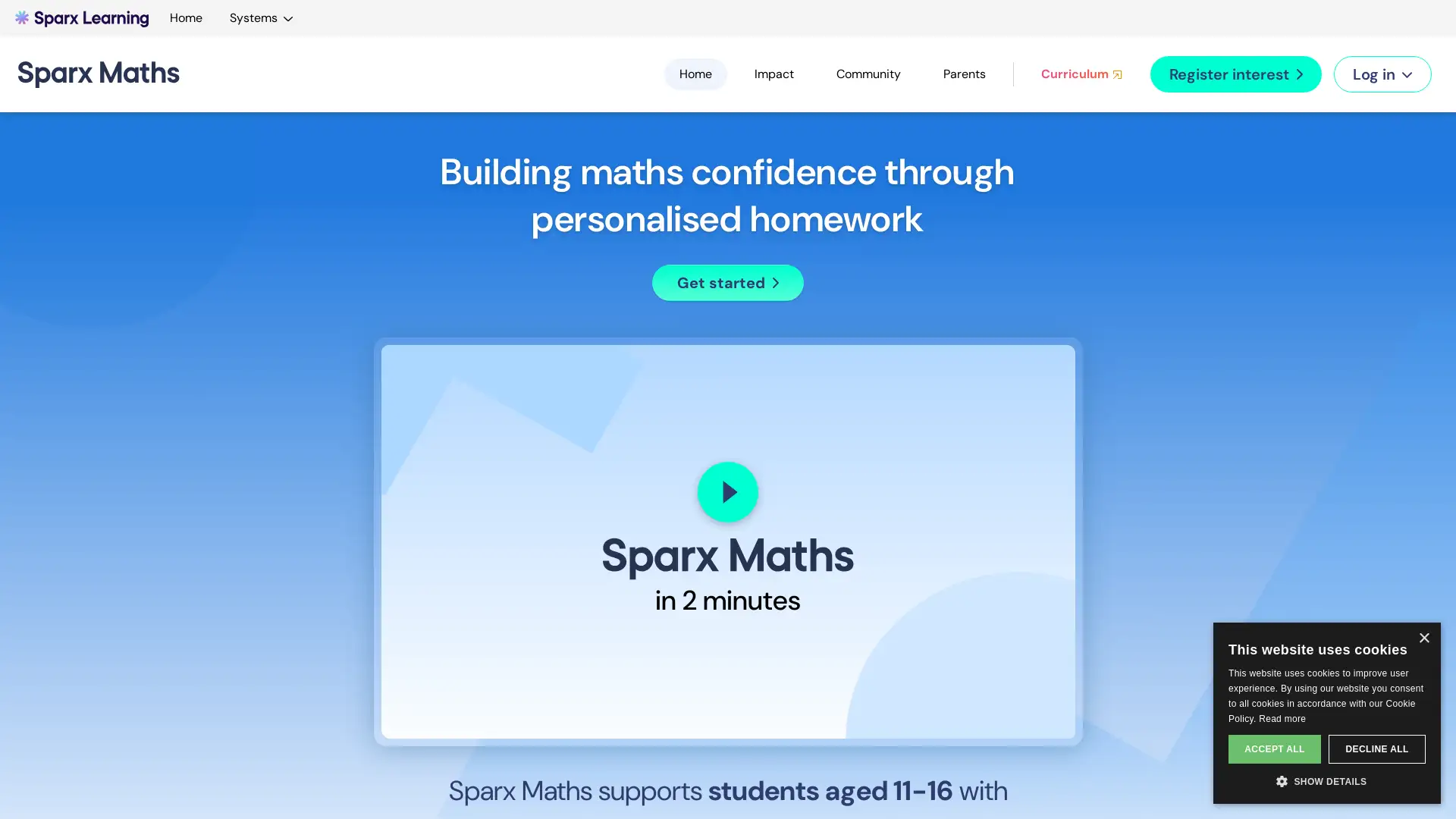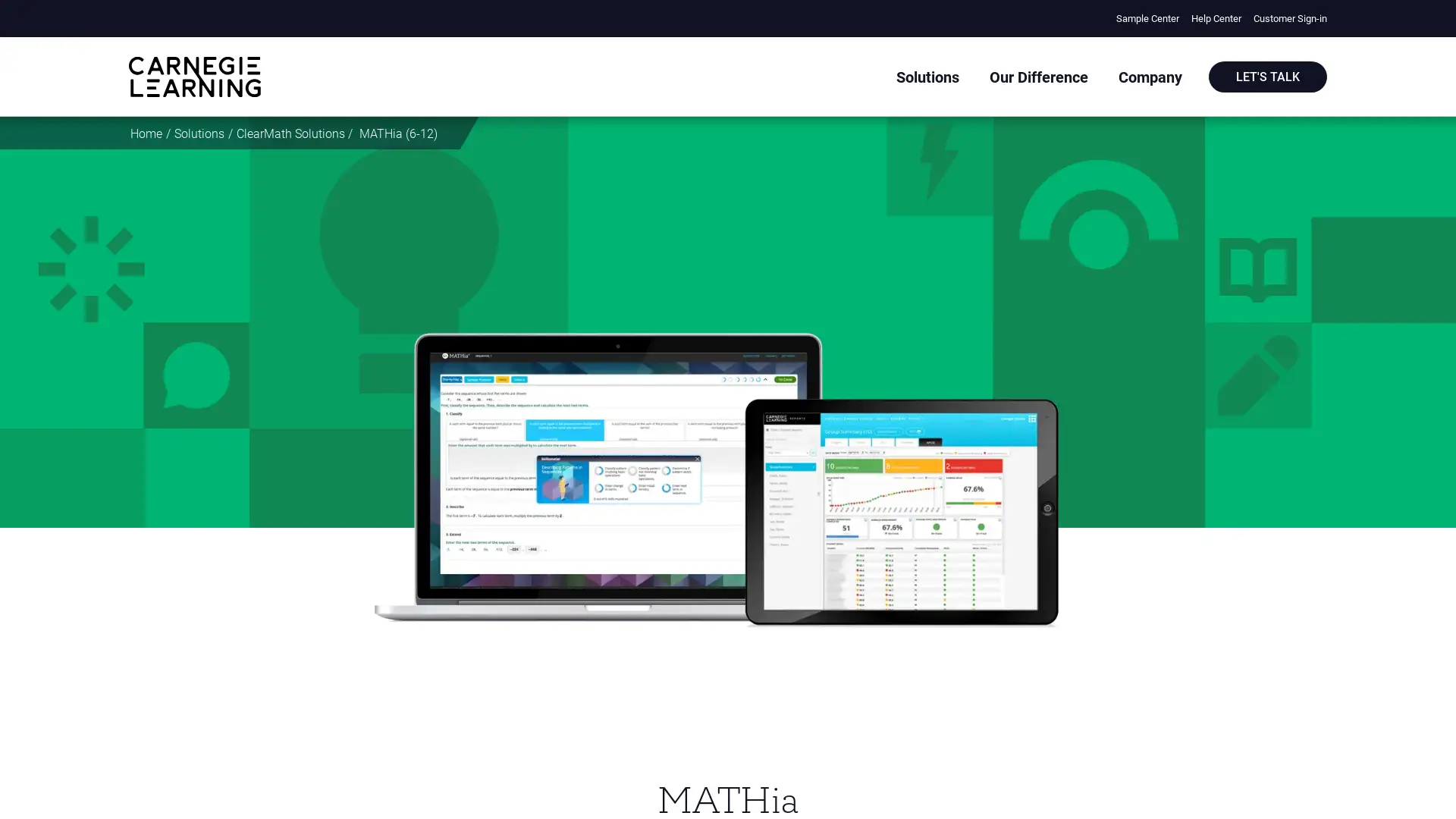Best 5 AI Tools for Personalized Education in 2024
Cramly AI, Abhyas AI, Gizmo AI, Sparx Maths, Mathia are among the best paid and free Personalized Education tools available.
Understanding AI Tools for Personalized Education
AI tools for Personalized Education are innovative technologies that adapt to individual learning needs, offering tailored educational solutions. These tools leverage artificial intelligence to provide customized learning experiences, focusing on student strengths and weaknesses. With personalized education, learners receive targeted support, such as tutoring and practice exercises, that cater to their unique pace and style, ultimately enhancing learning outcomes.
Key Features of AI Tools in Personalized Education
AI tools in Personalized Education stand out for their adaptability, allowing them to be fine-tuned to meet diverse educational needs. These tools offer features such as intelligent tutoring systems, personalized assessments, real-time feedback, and adaptive learning paths. Other standout features include language learning assistance, data analytics for tracking student progress, and integration with classroom management systems. With AI-powered tools, students and educators can engage in a more interactive and customized learning process.
Who Can Benefit from AI Tools for Personalized Education?
AI tools for Personalized Education are designed for a broad audience, including students, educators, and parents. Students from grades 6-12 benefit greatly from personalized math tutoring and homework assistance. Teachers and educational professionals can use these tools to streamline lesson planning and provide individualized support to students. Additionally, AI tools are accessible to non-technical users while offering advanced customization options for educators with programming or tech skills.
Additional Insights into AI Tools for Personalized Learning
AI tools for Personalized Education offer a flexible and scalable solution to individual learning needs. Their user-friendly interfaces make them accessible to all levels of users, while their integration capabilities allow them to work seamlessly within existing educational systems. These tools are ideal for enhancing traditional education methods, providing real-time, data-driven feedback, and creating personalized learning experiences across various subjects and education levels.




